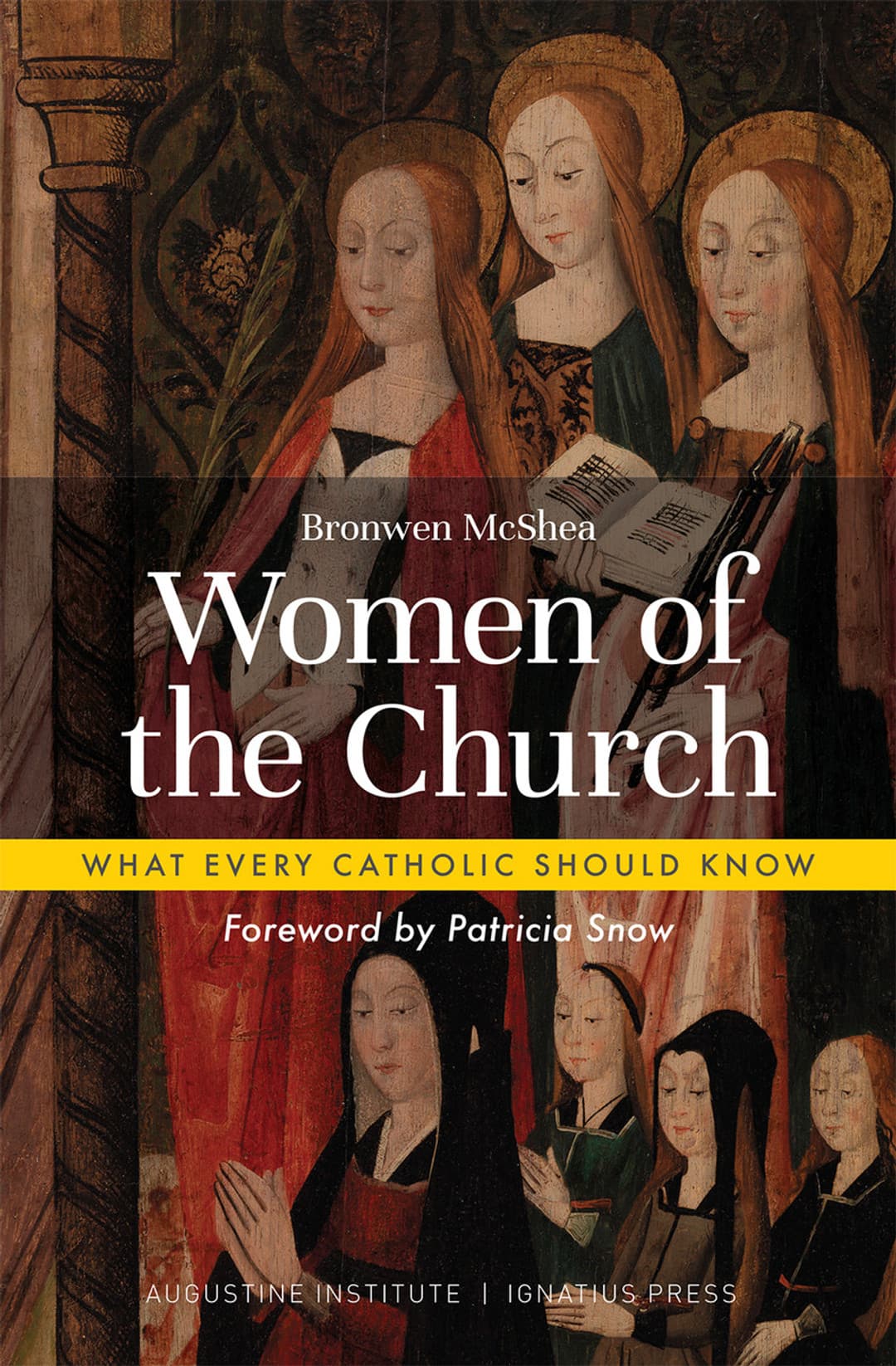
While many Catholics are aware of great female saints such as Catherine of Siena and Thérèse of Lisieux, a view persists that, over the centuries, women played a limited role in the development of Catholic traditions and institutions. In this innovative survey of Church history, Bronwen McShea demonstrates instead that faithful women have always been at the heart of the Church's common life, shaping it and the course of entire civilizations.
In Women of the Church, McShea presents a wide array of well known and lesser known canonized and beatified women, others awaiting beatification, and still more figures not meriting canonization but whom every Catholic should know. She situates Catholic women from diverse social, ethnic, and national origins in their historical contexts, examining specific challenges they faced in settings such as imperial Rome, Reformation Europe, colonial Latin America and Africa, and the USA and Soviet Union during the Cold War. In the process, she shows that, in every age, women inspired by God with creativity, courage, and fidelity have helped save the Church from corruption, disunity, and destruction.
In short, McShea clarifies that the history of Catholic women is the history of the Church—as much as the history of Catholic men is.
You must Log In to add this item to your cart.

While many Catholics are aware of great female saints such as Catherine of Siena and Thérèse of Lisieux, a view persists that, over the centuries, women played a limited role in the development of Catholic traditions and institutions. In this innovative survey of Church history, Bronwen McShea demonstrates instead that faithful women have always been at the heart of the Church's common life, shaping it and the course of entire civilizations.
In Women of the Church, McShea presents a wide array of well known and lesser known canonized and beatified women, others awaiting beatification, and still more figures not meriting canonization but whom every Catholic should know. She situates Catholic women from diverse social, ethnic, and national origins in their historical contexts, examining specific challenges they faced in settings such as imperial Rome, Reformation Europe, colonial Latin America and Africa, and the USA and Soviet Union during the Cold War. In the process, she shows that, in every age, women inspired by God with creativity, courage, and fidelity have helped save the Church from corruption, disunity, and destruction.
In short, McShea clarifies that the history of Catholic women is the history of the Church—as much as the history of Catholic men is.
You must Log In to add this item to your cart.